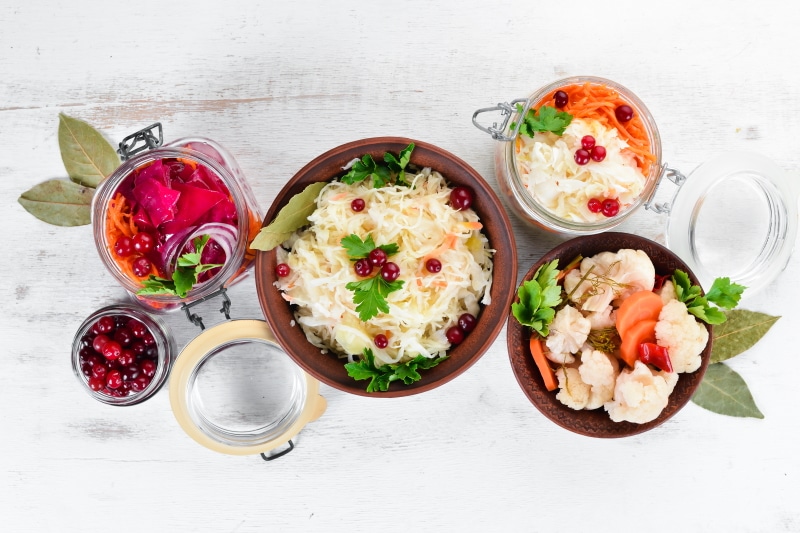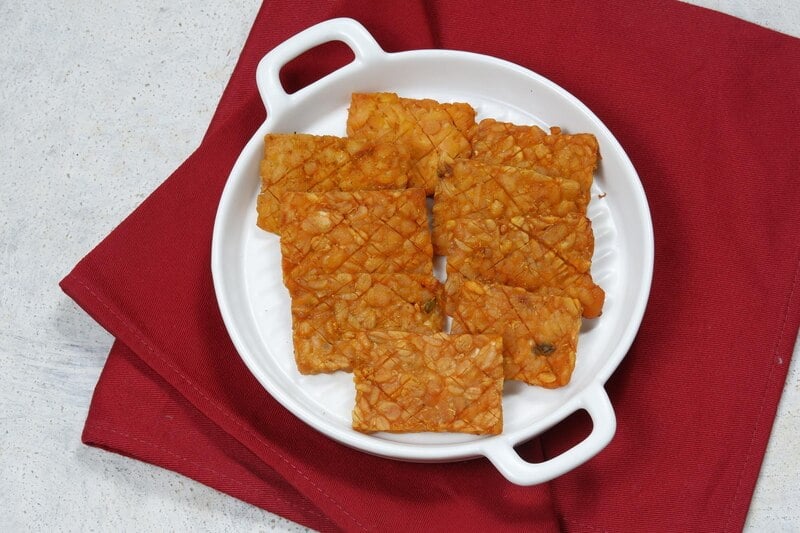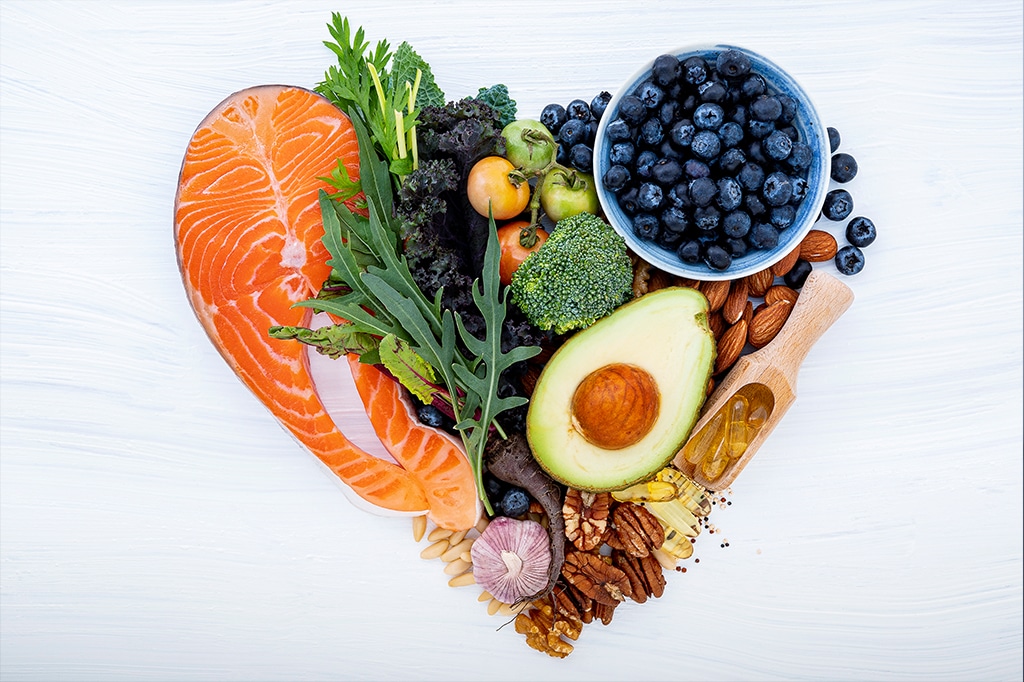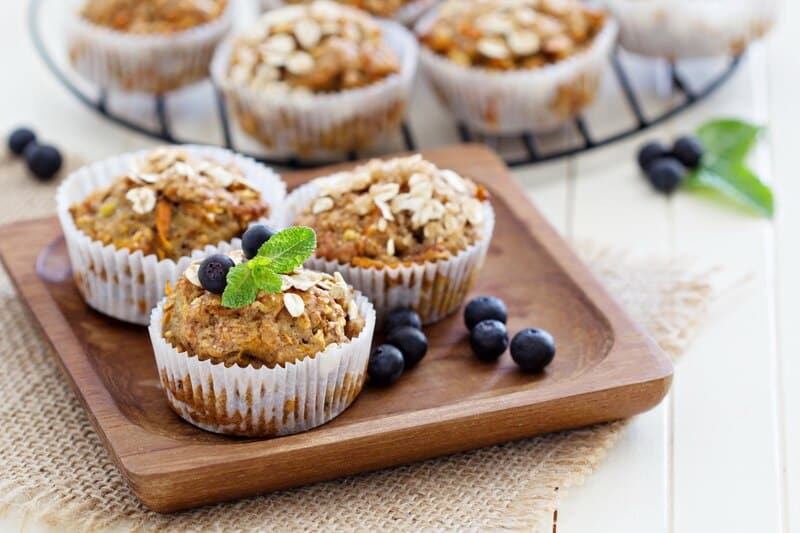Gut health is essential to overall wellness. If you’re contemplating vegan probiotics, the following information will help you locate them.
Your body has a symbiotic relationship with trillions of microbes, the majority of which reside in your digestive tract. It provides a perfect habitat for probiotic bacteria and yeast populations to feed on nutrients. In return, the beneficial gut bacteria spend their lives combating bad bacteria and performing other good things for the body, such as enhancing gut health. Humans have been producing probiotic foods for millennia, such as yogurt and kimchi. However, what makes them so special, and do vegan probiotic supplements work?

What are plant-based probiotics?
Similar to probiotics from dairy meals, vegan probiotics help maintain a healthy quantity of beneficial bacteria in the stomach. Yes, technically bacteria and yeast are living microbes, and vegan probiotics do not contain animal ingredients. However, they’re vegan. Contrary to chickens or cows, these bacteria lack consciousness and neural systems. Don’t worry, vegans can still enjoy items such as sourdough bread and pickles.
This colony of microorganisms is known as the microbiome, microbiota, or flora of the gut. Lactobacillus and Bifidobacterium are the most common types of probiotics found in foods. You’ve definitely seen “produced with live cultures” on the packaging of new vegan items in the supermarket. Probiotics are ubiquitous, and for good reason: they maintain the body’s proper functioning. Here are some of their health advantages.
- Improved gut health
Multiple strategies exist in which probiotics can benefit the digestive tract. According to several studies, there is evidence that they may aid in preventing constipation in adults. Multiple studies indicate that Lactobacillus can decrease the duration of diarrhea in infants and toddlers. Even irritable bowel syndrome may benefit, according to a 2014 meta-analysis, although additional research is required to determine the extent.
- Enhanced immune system
Probiotics may help your immune system combat dangerous bacteria by promoting a healthy balance between disease-causing and beneficial microbes in your gut. A 2014 review published in Current Opinion in Gastroenterology showed that probiotics may enhance immune response and viral infection protection. It has been demonstrated that probiotics lessen the risk of urinary tract infections in women’s genitalia.
- Reduced allergy and eczema symptoms
Additionally, probiotics may lower the severity of milk and dairy allergies in some individuals. You could also choose plant-based alternatives to dairy products. There is also evidence that they may alleviate eczema in newborns and children, though additional research is required.
- Enhanced mental health and cognitive performance
In some peculiar ways, your gut resembles your brain and has been dubbed a “second brain.” It creates mood-regulating neurotransmitters such as serotonin, dopamine, and gamma-aminobutyric acid, to begin with. According to Harvard Health, numerous recent research has established a link between gastrointestinal health and general mental and cognitive health. As with the other potential benefits of probiotics on this list, however, additional research is required to establish the link between gut health and mental wellness.

Plant-based sources of probiotics
Probiotics are present in meals produced through bacterial fermentation, one of the oldest techniques in culinary history. These dishes are staples in a variety of cuisines, including kimchi in Korea, tempeh in Indonesia, miso in Japan, and sauerkraut, a German staple since the 1600s that had its origins in China during the Great Wall’s construction approximately 2,000 years ago.
Some fermented meals that promote gut health are created with milk products. Yogurt and kefir are two examples, however fermented dairy products can be found in cuisines all over the world, such as lassi, a fermented yogurt drink from Punjab, India, dadih, fermented Buffalo milk from Indonesia, and skyr, a yogurt-like fermented dairy snack from Iceland. (And Yakult, a Japanese probiotic milk beverage.) However, due to our recent communal preoccupation with gut health, vegan probiotics are available in most grocery stores.
Vegan probiotic sources include:
- Sauerkraut: A German staple since the 1600s that actually originates from ancient China, nearly 2,000 years ago when the Great Wall was being built.
- Kimchi: Excellent to combine in recipes for shrimp and fish.
- Certain pickles: Look for “naturally fermented” on the label.
- Kombucha: Use it to make the Watermelon Wonder Maria mocktail.
- Tempeh: fried or in the oven is excellent as a meat substitute!
- Miso: Turning off the heat before adding miso to broth preserves the good bacteria.
- Certain dairy-free yogurts: Look for dairy-free yogurts made with live cultures, such as Forager Project Unsweetened Plain Yogurt, Cocojune Organic Cultured Coconut Yogurt, and Trader Joe’s Organic Creamy Cashew Cultured Yogurt Alternative.
- Sourdough: This dough is fermented using gut-healthy Lactobacillus cultures.
- Supplements: Look for “vegan” on the label.
VeganProbiotics.VeganNews.AsiaVisionAsia Vision
Are vegan probiotics effective?
Probiotic pills may offer the same health benefits as probiotic foods. Keyword: may. Researchers are still uncertain about their efficacy at this time. Additionally, probiotics are sold as “dietary supplements” in the United States, a notoriously uncontrolled industry governed by the Food and Drug Administration (FDA). Under FDA law, corporations are permitted to make health claims that may or may not be true. This sadly means that there is no guarantee that you will receive the value of your supplement purchase. Manufacturers are responsible for guaranteeing the safety of their products, however, experts generally advise obtaining probiotics via food.
To conclude
Although experts state that further study is required, the number of studies concluding that probiotics are beneficial for our general health is encouraging. Expect to see more vegan goods on shelves soon, as gut health is a functional food trend that is not going away anytime soon. Yogurt created without dairy through precise fermentation, anyone?
Vegan probiotics can be obtained from inexpensive foods such as sauerkraut and tempeh from Trader Joe’s (really, it’s only $1.99 for a package). However, if you do purchase the upscale vegan yogurt, make a parfait.








